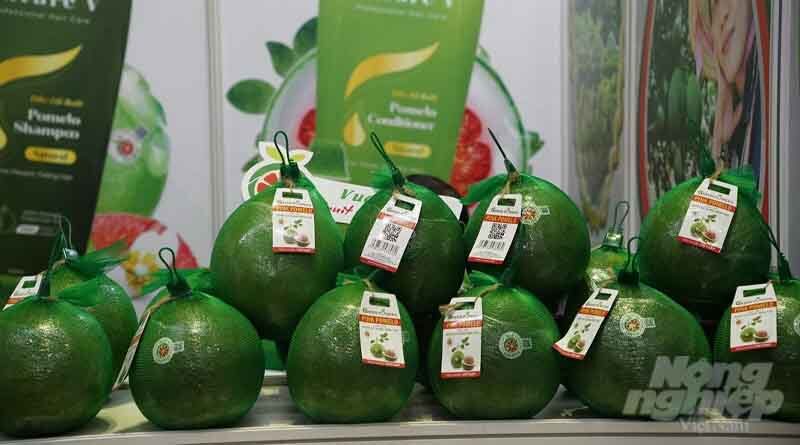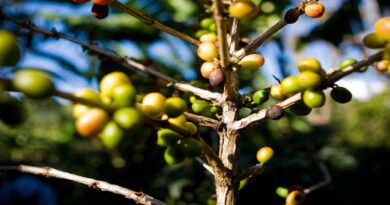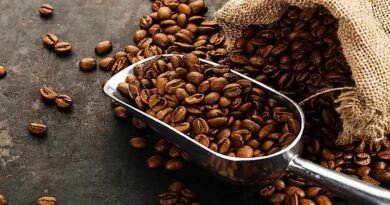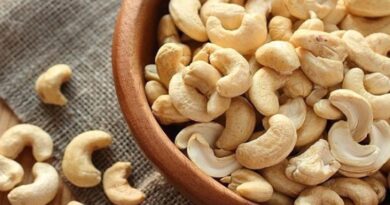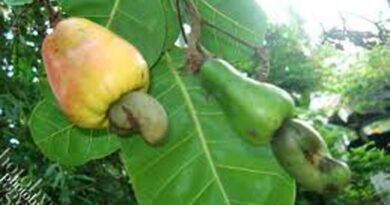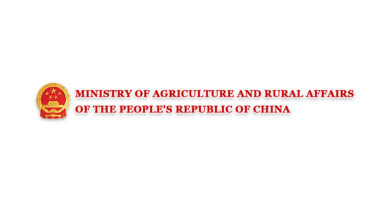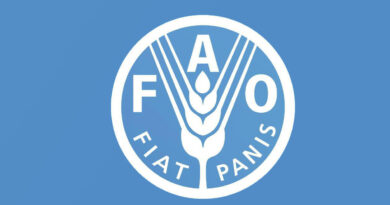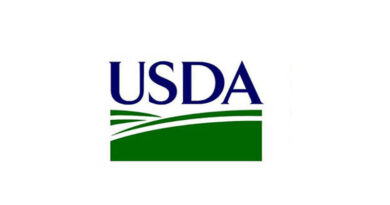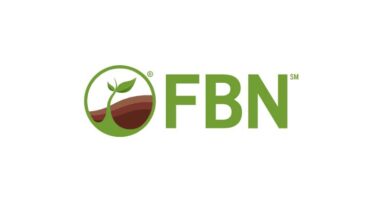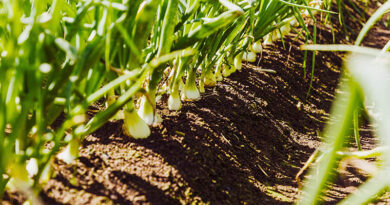Increase Vietnamese agricultural products’ market share in the EU
21 November 2022, EU: Vietnamese exporters must quickly increase their market share in the EU’s agricultural import market before the EU signs an FTA with competitors.
Boost marketing
Implementing new-generation Free Trade Agreements (FTAs) such as CPTPP, EVFTA and UKVFTA have created momentum for Vietnam’s import and export activities to grow higher. In particular, after three years of implementing the CPTPP and more than one year of implementing the EVFTA, there have been positive impacts on Vietnam’s export activities.
In 2021 alone, two-way trade between Vietnam and the EU reached US$ 63.6 billion, up 14.8% compared to 2020. Specifically, the total value of Vietnamese goods exported to the EU get US$ 45.8 billion, up 14.2%, while EU exports to Vietnam reached US$ 17.9 billion, up 16.5% compared to 2020. Vietnam’s export turnover to the EU used certificates of origin (EUR.1 sample C/Os) is about US$ 7.8 billion. This shows that many Vietnamese businesses have taken advantage of the EU’s tariff reductions under the EVFTA.
In 2022, agricultural products exported to FTA markets are continuing to increase. For example, with the EU market, after 9 months, Vietnam’s exports to this market are estimated at US$ 39.4 billion, up 22.3%; exports to ASEAN were estimated at uS$ 28.9 billion, up 24%; exports to Korea were estimated at US$ 20.7 billion, up 15.4%; exports to Japan were estimated at US$ 19.8 billion, up 22%.
According to Mr. Nguyen Dinh Tung, Vice Chairman of the Vietnam Fruit and Vegetables Association, Vietnam recognizes several advantages of new-generation FTAs. Typical businesses such as the EU have oriented toward the Vietnamese market more. However, the current barrier problem when exporting fruits and vegetables to FTA markets is a matter of tariffs and technical barriers.
“To participate more deeply in this playground, Vietnamese businesses must strictly comply with the rules of each market in that country.
For example, the EU market thinks it’s “easy but difficult, hard to be easy” because goods exported to the EU do not need to be negotiated. The EU allows all kinds of fruit to enter, but they control more than 30 types of residues, and they control this very tightly,” said Mr. Nguyen Dinh Tung.
The advantage of exporting vegetables and fruits is that Vietnamese farmers can create products all year round, and many trade promotion programs are implemented and supported. However, Mr. Tung pointed out the weakness of Vietnamese businesses today that needs to be overcome: the marketing of products is not good. Meanwhile, in this area, Thailand companies do very well.
“In the coming time, businesses need to promote their products more,” recommended the Vice Chairman of the Vietnam Fruit and Vegetable Association.
Private brand, green products
According to EuroCham Vice President Jean Jacques Bouflet, through the Covid-19 pandemic, import policies from the EU have not changed. However, Vietnam faces obstacles when meeting the EU’s increasingly strict green and clean consumption trend. For example, in the coffee industry, it is necessary to ensure a sustainable development certificate to meet the needs of EU importers.
“In the coming time, Vietnamese enterprises must ensure emission index and develop sustainably. EU consumers need to see the willingness of Vietnamese producers to make a change in sustainable development and reduce emissions,” said Jean Jacques Bouflet.
The main challenge of Vietnamese enterprises today is to ensure sustainable export development and meet the requirements of green production, green products, and sustainable development…
For Vietnamese enterprises to increase exports to the EU shortly, EuroCham Vice President Jean Jacques Bouflet recommended that Vietnamese exporters build their brands, limit raw exports, and improve processing capacity.
Also, to make effective use of the EVFTA, exporters need to focus their maximum resources on boosting exports in the coming time, quickly increasing their market share in the EU’s agricultural import market before the EU deploys to sign FTAs with potential competitors of Vietnam.
For the Australian market, Mr. Le Thanh Tung, Deputy Director of the Department of Crop Production (MARD), said that Vietnam has a lot of potentials to boost exports to Australia of fruits such as grapefruit, passion fruit, and dried longan fruit.
Characteristics of Vietnam’s tropical fruit spoil quickly while reaching distant markets takes a long time. Therefore, enterprises in the fruit and vegetable industry in Vietnam need to step up the preliminary processing and preservation stages to improve the quality of agricultural products to take full advantage brought by FTAs.
Also Read: GSP Crop gets clearance from Delhi High Court for manufacturing and marketing CTPR in India
(For Latest Agriculture News & Updates, follow Krishak Jagat on Google News)

